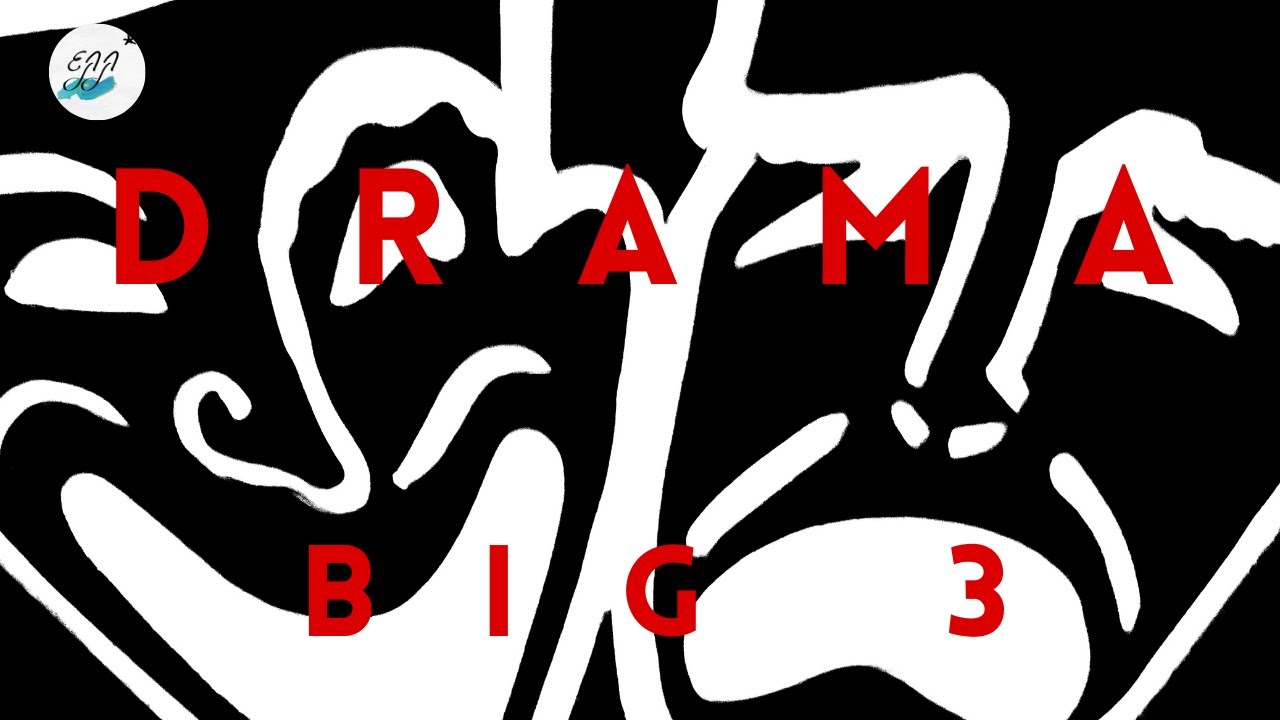Antigone by Sophocles | Summary & Analysis
Summary
TLDRThe script summarizes the plot, characters, symbols, themes, and motifs of Sophocles' Greek tragedy Antigone. It details the conflict between Antigone, who wishes to properly bury her brother Polynices against her uncle King Creon's orders, and Creon, who sentences her to death. Their battle represents devotion to the gods versus obedience to the state. Antigone accepts her tragic fate with courage and conviction, while Creon's arrogance and stubbornness causes him to lose his family.
Takeaways
- 😀 The play begins with Antigone and Ismene discussing the deaths of their brothers in battle
- 😟 Antigone is outraged that Creon has forbidden the burial of her brother Polynices
- 🤔 Antigone believes the gods' laws are more important than Creon's laws
- 😠 Antigone is caught burying Polynices and brought before Creon, who condemns her to death
- 😢 Creon refuses to listen to warnings from Tiresias and others to spare Antigone
- 😱 Antigone kills herself in her tomb as Creon's son Haemon witnesses in horror
- 💀 Haemon then kills himself in grief over Antigone's death
- 😓 Creon's wife Eurydice also commits suicide upon hearing the news
- 🤦♂️ Creon realizes too late that his arrogance and refusal to bend has destroyed his family
- 😞 The play highlights the conflicts between divine law, family devotion, and duty to the state
Q & A
Who are Antigone's two brothers that died fighting each other?
-Antigone's two brothers are Eteocles and Polynices. Eteocles fought for Thebes while Polynices fought for Argos.
What decree does Creon make regarding the brothers?
-Creon decrees that Eteocles will receive an honorable burial while Polynices' body will remain unburied without funeral rites.
Why does Antigone defy Creon's decree?
-Antigone believes Creon's decree is unjust since the gods decree that every mortal must receive proper burial rites. She feels honoring the gods is more important than mortal laws.
What punishment does Antigone face for burying Polynices?
-The punishment for interfering with Creon's law is being publicly stoned to death.
How does Haemon react to his father's punishment of Antigone?
-Haemon, who is engaged to Antigone, tells Creon he disagrees with Antigone's punishment, as do most citizens who view her as a hero and martyr.
How does Tiresias advise Creon regarding Antigone?
-Tiresias warns Creon the gods are furious and advises him to free Antigone before it's too late to avoid tragedy.
What happens when Creon arrives at Antigone's cave?
-When Creon arrives at the cave, he witnesses his son Haemon's suicide after finding Antigone had hanged herself.
How does Eurydice, Creon's wife, react to the news of Haemon's death?
-Hearing the news of Haemon's death, Eurydice returns to the palace and kills herself.
What is the meaning behind the chorus's final ode?
-The chorus sings that obeying the gods and staying humble is key to gaining wisdom, underscoring the theme of hubris leading to tragedy.
How does the family curse affect Antigone's fate?
-Even as Antigone tries taking her fate in her own hands, the chorus says she'll ultimately pay for her father Oedipus' tragic actions.
Outlines

This section is available to paid users only. Please upgrade to access this part.
Upgrade NowMindmap

This section is available to paid users only. Please upgrade to access this part.
Upgrade NowKeywords

This section is available to paid users only. Please upgrade to access this part.
Upgrade NowHighlights

This section is available to paid users only. Please upgrade to access this part.
Upgrade NowTranscripts

This section is available to paid users only. Please upgrade to access this part.
Upgrade Now5.0 / 5 (0 votes)





